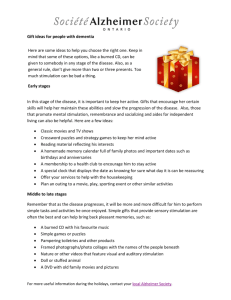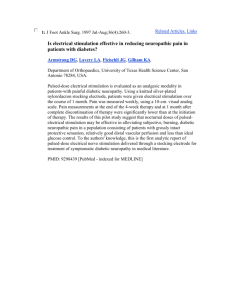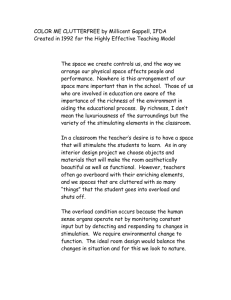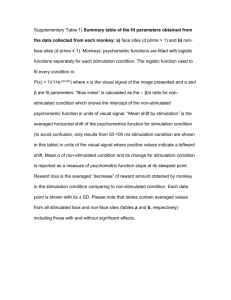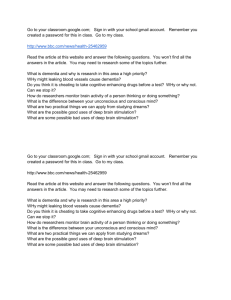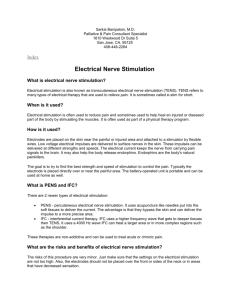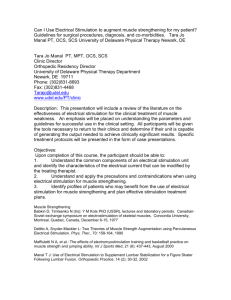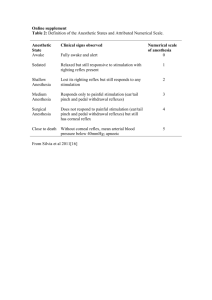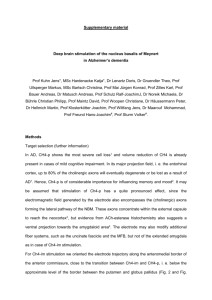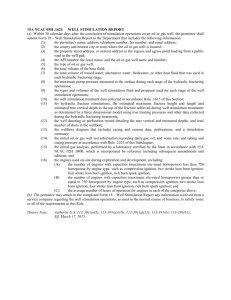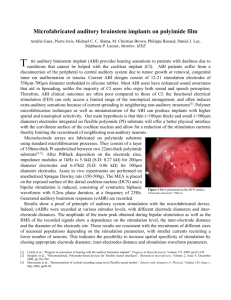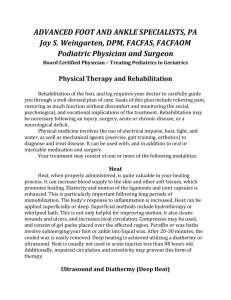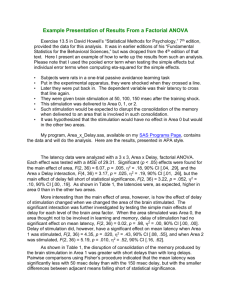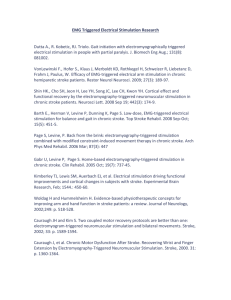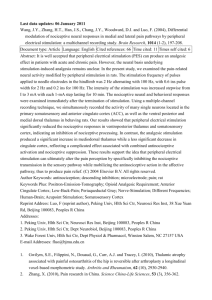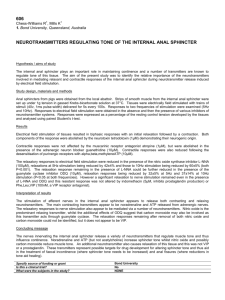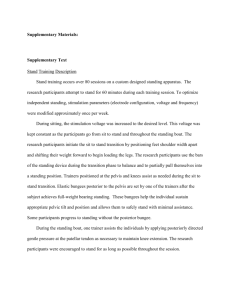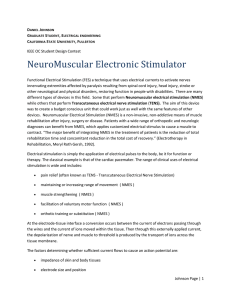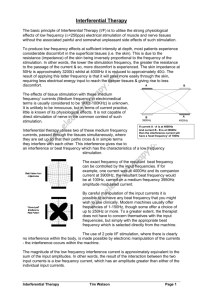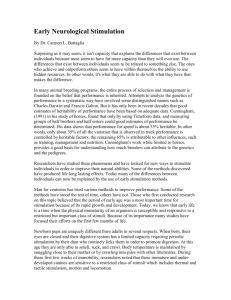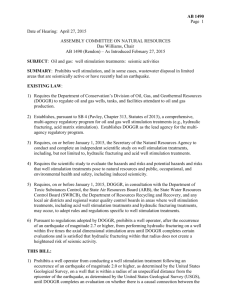JIPMER-Write-up
advertisement
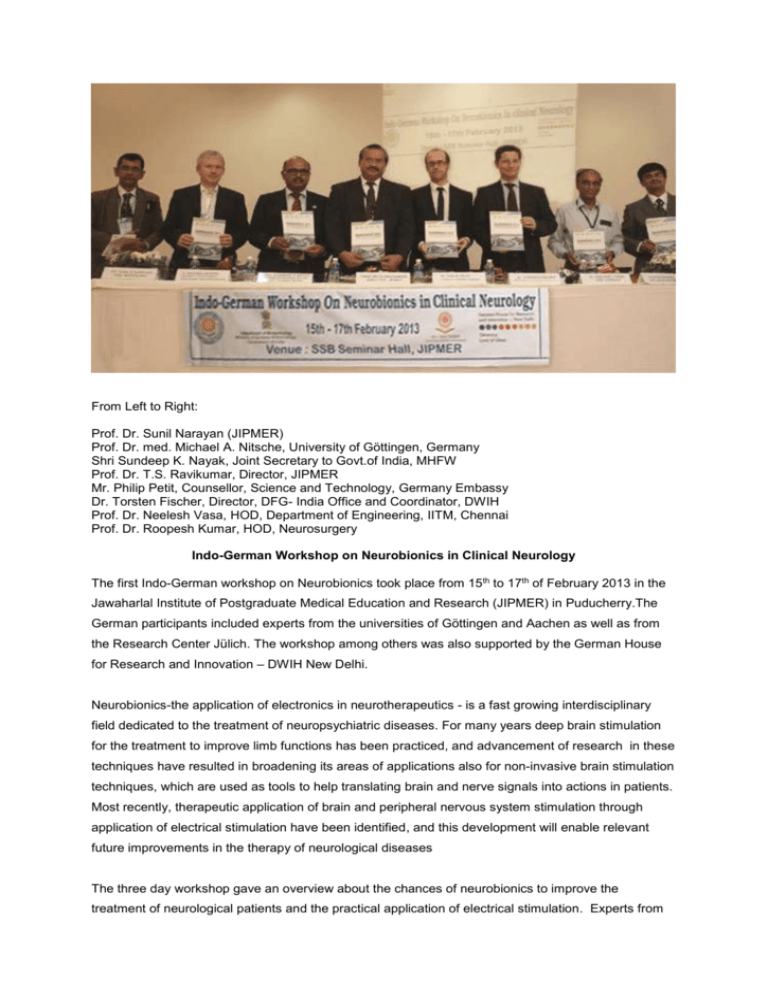
From Left to Right: Prof. Dr. Sunil Narayan (JIPMER) Prof. Dr. med. Michael A. Nitsche, University of Göttingen, Germany Shri Sundeep K. Nayak, Joint Secretary to Govt.of India, MHFW Prof. Dr. T.S. Ravikumar, Director, JIPMER Mr. Philip Petit, Counsellor, Science and Technology, Germany Embassy Dr. Torsten Fischer, Director, DFG- India Office and Coordinator, DWIH Prof. Dr. Neelesh Vasa, HOD, Department of Engineering, IITM, Chennai Prof. Dr. Roopesh Kumar, HOD, Neurosurgery Indo-German Workshop on Neurobionics in Clinical Neurology The first Indo-German workshop on Neurobionics took place from 15th to 17th of February 2013 in the Jawaharlal Institute of Postgraduate Medical Education and Research (JIPMER) in Puducherry.The German participants included experts from the universities of Göttingen and Aachen as well as from the Research Center Jülich. The workshop among others was also supported by the German House for Research and Innovation – DWIH New Delhi. Neurobionics-the application of electronics in neurotherapeutics - is a fast growing interdisciplinary field dedicated to the treatment of neuropsychiatric diseases. For many years deep brain stimulation for the treatment to improve limb functions has been practiced, and advancement of research in these techniques have resulted in broadening its areas of applications also for non-invasive brain stimulation techniques, which are used as tools to help translating brain and nerve signals into actions in patients. Most recently, therapeutic application of brain and peripheral nervous system stimulation through application of electrical stimulation have been identified, and this development will enable relevant future improvements in the therapy of neurological diseases The three day workshop gave an overview about the chances of neurobionics to improve the treatment of neurological patients and the practical application of electrical stimulation. Experts from Germany and India interacted with some 100 doctoral and post-doctoral researchers from various Indian research institutes and exchanged ideas ranging from clinical application of invasive brain stimulation, such as deep brain stimulation in Parkinson´s disease, and vagal nerve stimulation in epilepsy, to new non-invasive brain stimulation protocols, including transcranial magnetic, and direct current stimulation. It was furthermore dedicated to improve scientific exchange between Indian and German researchers, resulting in the establishment of fruitful future collaborations in this exciting, and rapidly developing field of neuroscience.
